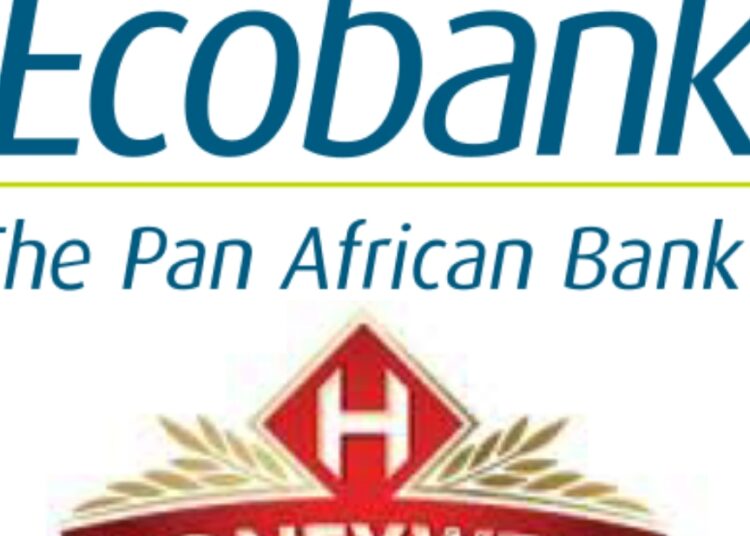Justice Mohammed Liman, of the Federal High Court sitting in Lagos has ordered Eco-Bank Nigeria to pay N72.2bn damages to Honeywell Flour Mills
The ruling brought to an end eight years of legal dispute from a series of allegations and counterclaims between Honeywell Flour Mills and Eco-Bank .
The legal battle kicked off in November 2015 when Eco-Bank obtained ex-parte orders from the Federal High Court to freeze Honeywell Flour Mills’ assets, including all its bank accounts.
This almost halted Honeywell Flour Mills’ business as they were unable to fulfill their obligations to stakeholders.
They were unable to pay suppliers, process Letters of Credit, and collect payment from distributors, thus endangering the livelihood of over 2,000 employees and causing significant reputational and operational damage.
After weeks of struggling to run a business without access to their bank accounts, Honeywell Flour Mills applied for discharge of the orders, with the court varying the asset freezing ex-parte orders and allowing the company limited access to its accounts.
In March 2016, a Court of Appeal overruled the ex-parte orders to restore Honeywell Flour Mills’ right to operate its accounts without any restrictions, stating that Eco-Bank’s application to freeze the assets should not have been allowed to stand.
In an appeal against the judgment, Eco-Bank asked the Supreme Court to overturn the Court of Appeal decision.
However, the apex court upheld the appellate court’s decision that an ex-parte injunction was not permitted to be filed in a winding-up petition.
After the Supreme Court upheld the Court of Appeal’s judgment, Honeywell Flour Mills demanded Eco-Bank fulfilled its undertaking to compensate the company for the loss suffered due to the ex-parte order it secured being baseless. The company sought damages above N72bn against Eco-Bank.
In his arguments, Honeywell Flour Mills’ lead counsel, Bode Olanipekun, SAN, argued that the Supreme Court determined that the ex parte orders obtained by the bank against the plaintiff were improper, and once a court makes a finding is made that an application is improper then that application is frivolous.
Ecobank’s representative, Kunle Ogunba, SAN, argued that in its undertaking, it gave a condition that if HFMP suffers any damage, it should send a notification to the registrar of the court, who will then inform the bank.
That condition, according to the bank, was not carried out and so, HFMP is not entitled to damages.
After careful examination of the evidence and after deliberation, the court reached a decision, ultimately favoring Honeywell Flour Mills and granting all four reliefs sought, totaling N72.2bn













